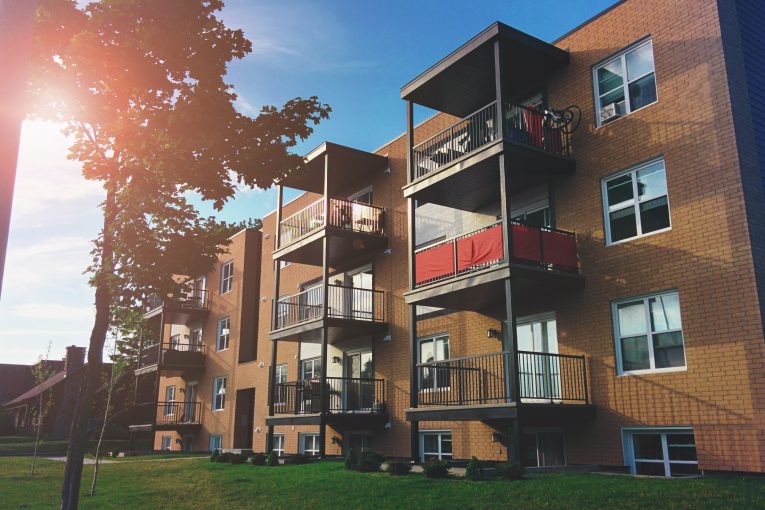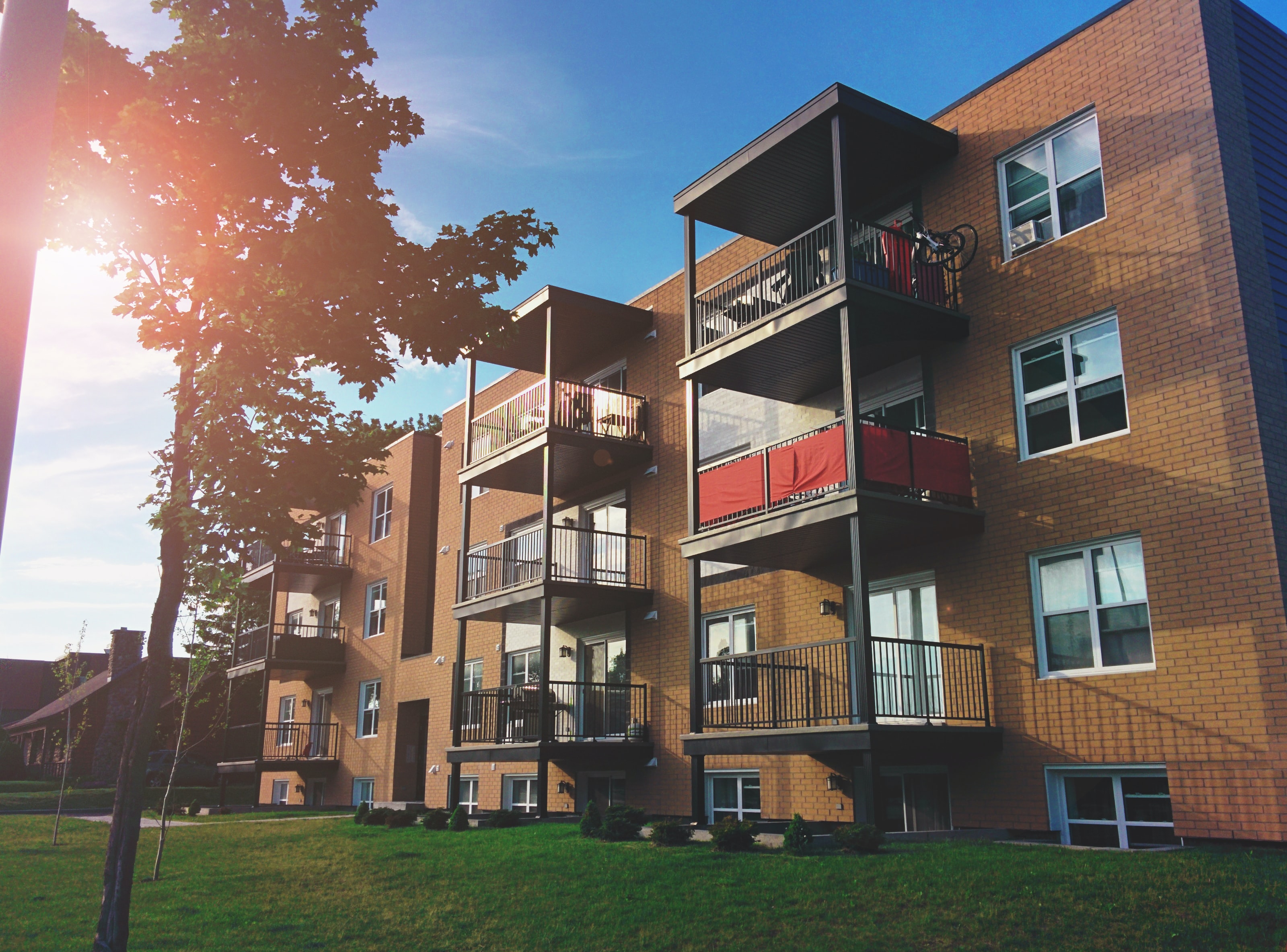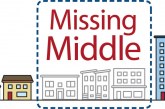

By David M. Greenwald
Executive Editor
Sacramento, CA – While supporters have called SB 35 “an essential tool for streamlining housing in California,” the so-called Builder’s Remedy remains extremely controversial, as it is at the center of a fight between the state and Huntington Beach.
This year, Senator Scott Wiener, who authored SB 35, introduced SB 423 which removes the sunset of SB 35, which is set to expire at the end of 2025. It also expands that law’s ability to deliver mixed-income housing developments and broadly benefit construction workers through changes to SB 35’s labor provisions.
Senator Wiener explained that, according to data from UC Berkeley’s Terner Center, they found in the first four years the bill was in effect, 18,000 units of housing have either been approved or are in the process of being approved under SB 35, and “three-quarters of those units, are below market rate.
“We are desperately in need of new homes in California. We are short millions of homes,” Senator Wiener said. He added, “SB 35 is a good government measure that will allow us to accelerate home construction. It’s very simple. If you meet all the rules, you meet the zoning and setbacks and designs and everything else, you, you get your permit without a hyper-politicized, chaotic, process that can take years, uh, and lead to litigation because anyone who has an attorney can challenge you.”
This week, SB 423 was passed out of the Senate Housing Committee and is now headed to the Senate Governance and Finance Committee.
According to the League of California Cities, which strongly opposes the bill, “SB 423 would expand SB 35 to nearly all cities, including those in the coastal zone. It would also allow the state to approve housing developments on property it owns or leases and prohibit a city from enforcing its inclusionary housing ordinance if the income limits are higher than those in SB 35.”
Further, it argues that SB 35 “forces cities to approve certain multifamily housing developments without public input or environmental review. The law includes several notable requirements and exemptions.”
According to their statement, California Cities opposes SB 423 for the following reasons:
Overarching laws like SB 423 undermine local efforts to spur housing construction. No other set of laws requires cities to spend millions of dollars developing complex, multiyear plans with their residents, which are then ultimately overridden by the state every year.
While it may be frustrating for some developers to address concerns about traffic, parking, and other development impacts, those directly affected by such projects have a right to be heard. Public engagement often leads to better projects. Removing public input will only further increase distrust and slow construction down even further.
The state will never produce the number of homes needed with a state-driven, by-right housing approval process. What is really needed is a sustainable state investment that matches the scale of this long-term crisis. Targeted, ongoing funding, like the annual $3 billion investment Cal Cities is calling for, is the only way to get Californians off the streets and keep them in their homes.
But California YIMBY believes that SB 35 has worked.
According to CEO Brian Hamlin noted that his organization “works to make California affordable for everyone to live, work, and raise a family” and called SB 35 “one of the most powerful pro-housing laws of modern California history.”
He said, “SB 35 has led to the development of thousands of homes affordable to low income Californians across our state, along with good paying jobs for construction workers, including some of the men and women behind me today. By streamlining the approval of affordable housing, SB 35 makes it faster, cheaper, and easier for low income housing developers to deliver the homes we need in our cities and towns while creating good jobs in our communities.”
Hamlin added, “California needs millions of new homes for people of all incomes, at all stages of life.” He said, “I am confident that when the legislature passes this bill, and the governor signs it into law, that SB 423 will turbocharge the construction of mixed-income housing, just as SB 35 did for subsidized affordable housing.
According to a release from Senator Wiener’s office, SB 35 works by granting streamlined approval—also known as ministerial approval—to certain housing projects proposed in areas that are out of compliance with the state’s housing planning process, RHNA.
These projects are granted ministerial review, which means that CEQA does not apply and cities are prohibited from applying discretionary processes.
For projects that are covered by SB 35, permits must be issued in 3-6 months, depending on the size of the project.
To qualify for SB 35, projects must be:
- Multi-family (at least 2 units)
- Located on an infill site
- Comply with objective zoning and design standards,
- Meet minimum affordability requirements, and
- Meet other locational and demolition restrictions.







Does the Davis city council (and the candidates for council) support the League of Cities regarding its position on SB-35? Seems like a natural question to ask.
The city would only have a position if they put a resolution on the agenda and voted for it during a public meeting. They have not done that. Therefore the city council has no position.
Have other city councils done so? Or, their individual members?
I’d suggest that by not taking a position, the Davis city council is (by default) supporting the extension of SB-35 (in opposition to the League of Cities).
Below is some information regarding the League of Cities. (Actually, I guess the formal name is the League of California Cities):
https://www.calcities.org/about-us
The state does need to change the shares of new property tax revenues for new housing that is similar to what was available under the redevelopment agencies. That would reduce opposition locally.
Do we really need all this new housing when Californias’a population is on the decline?
“Column: California’s population is on the decline, and high-income earners have joined the exodus”
https://www.yahoo.com/news/column-californias-population-decline-high-120005351.html
Circular reasoning, a big part of the population decline is housing cost.
Then why are high income earners leaving too? The cost of housing tends not to hurt them so much.
What do you mean by “circular reasoning”?
Isn’t this better-described as the free market at work? Which includes consideration and impact of alternatives? Ultimately (also) impacting housing availability and prices?
For example, doesn’t housing availability and prices in cities which are near Davis impact Davis housing prices and availability? And vice-versa, as well?
Doesn’t the Sacramento region (including Davis) have an impact on the availability and price of housing in the Bay Area? And vice-versa?
Doesn’t Texas have the same impact on California housing availability and prices, in general?
Is that what you mean by “circular reasoning”? And is so, is that a “bad” thing?
Of course, a lot of this is driven by “job availability” (and salaries, as well). And as compared to the cost of living in a given area.
Below is a link to the League of California City’s statement regarding Wiener’s proposed extension of SB-35 (along with selected excerpts):
https://www.calcities.org/news/post/2023/03/22/anti-local-housing-bill-heads-to-senate-governance-and-finance
(I suspect that the “distrust” referred to above will ultimately lead to the dismantling of the state’s mandates, in the future – regardless of the outcome of this particular bill. “Distrust” might not even be the right word, here.)